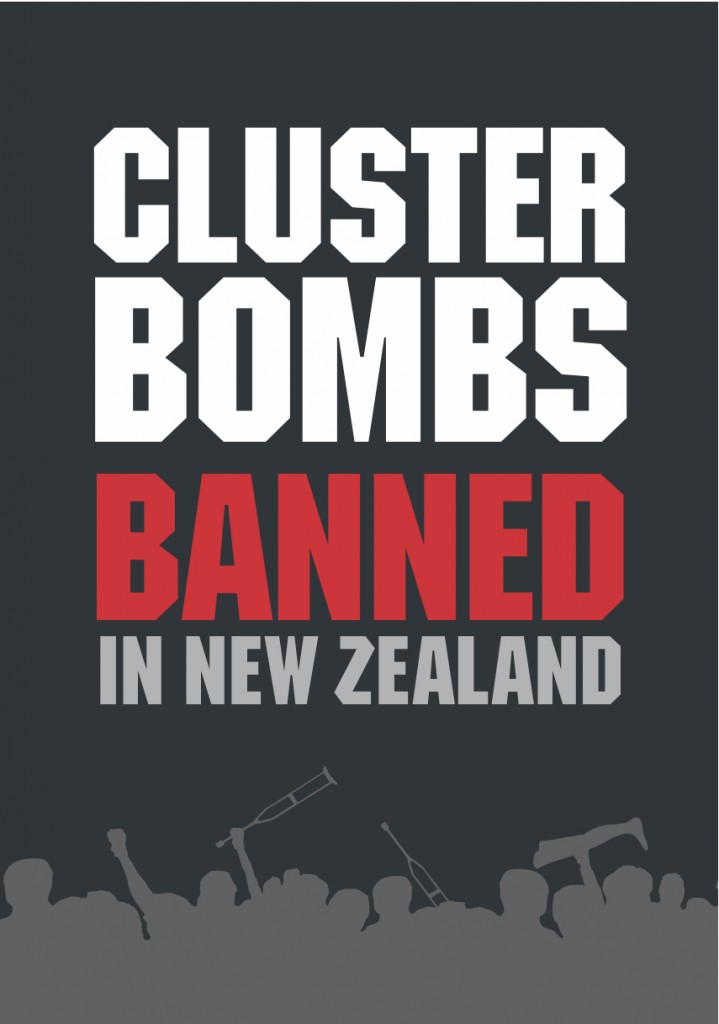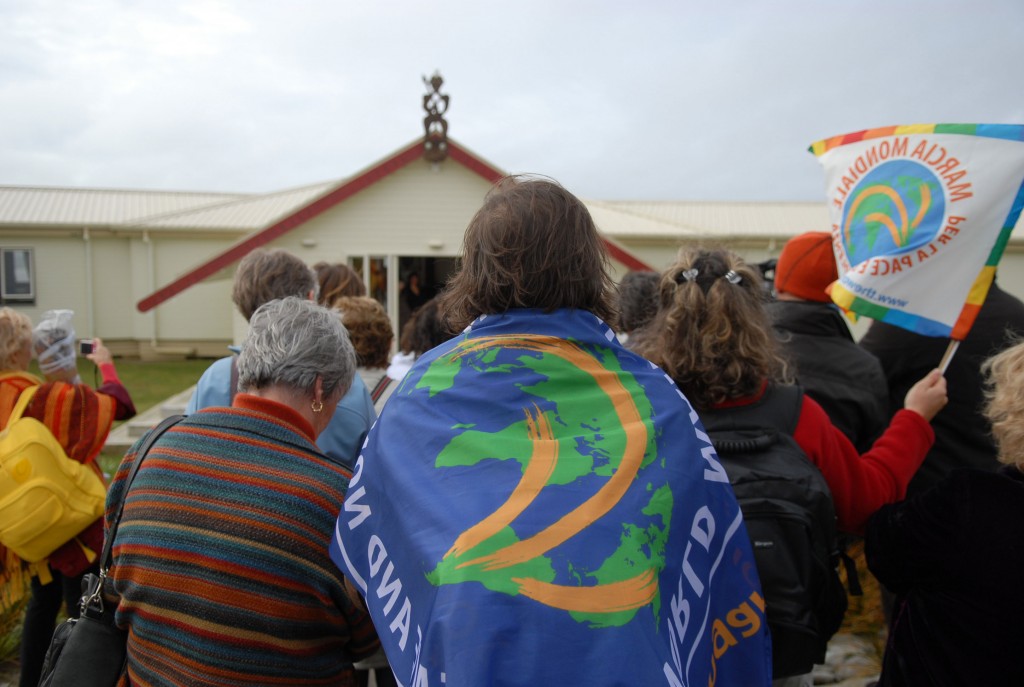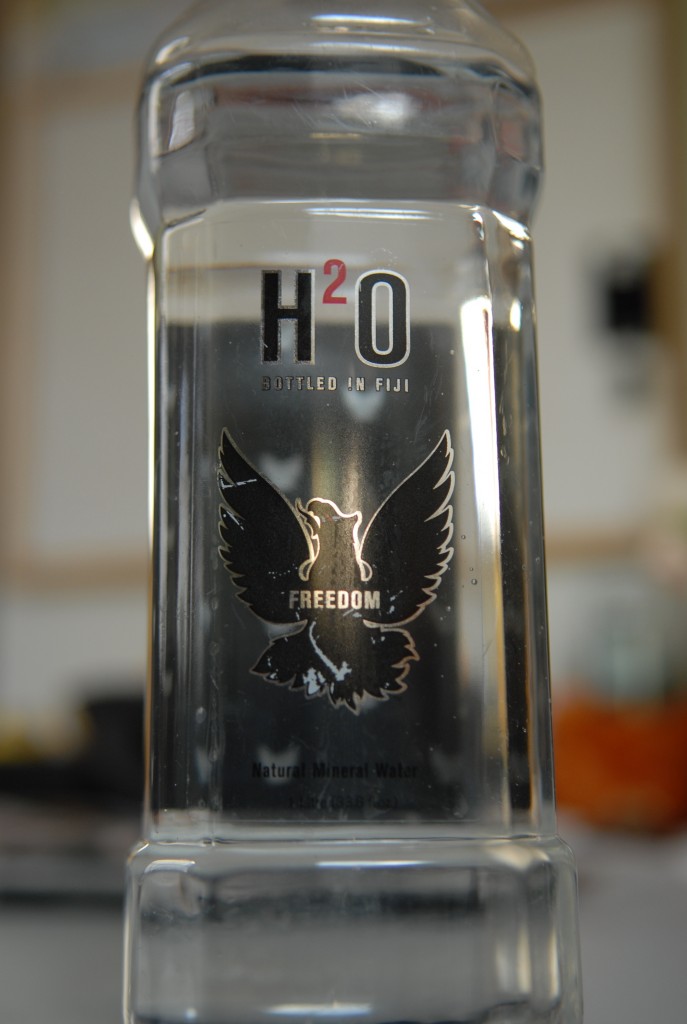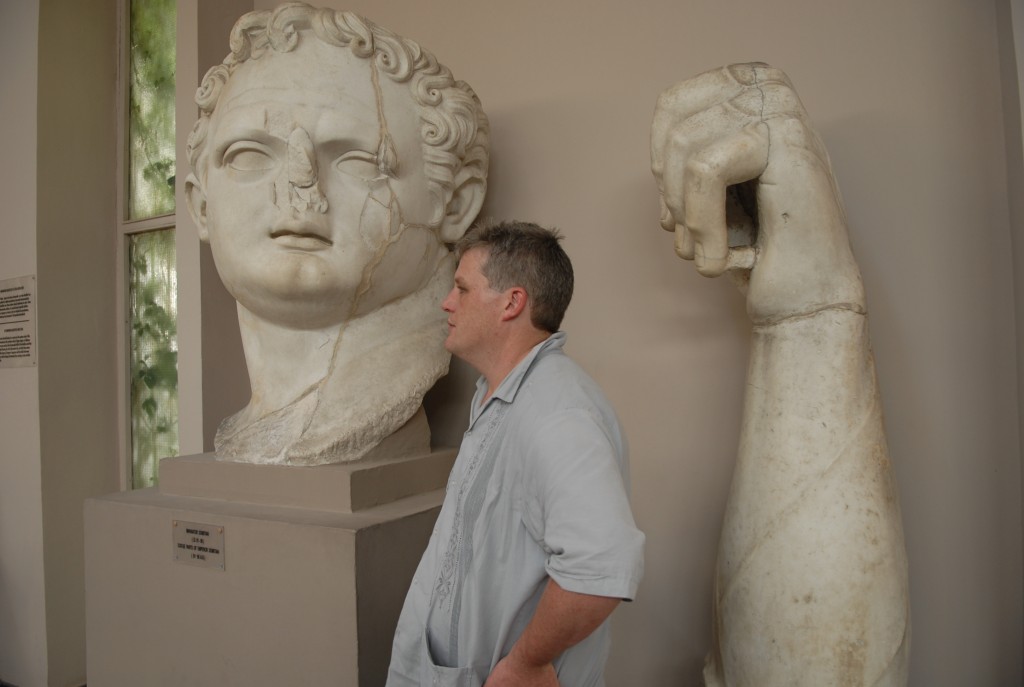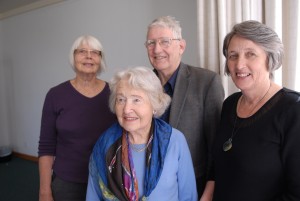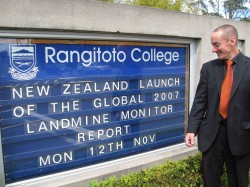Sat 6 Apr 2013
My Name is Jody Williams
Posted by Mary under Disarm, Geneva, HRW, ICBL, New York, New Zealand, Norway, Washington D.C., disarmament
No Comments
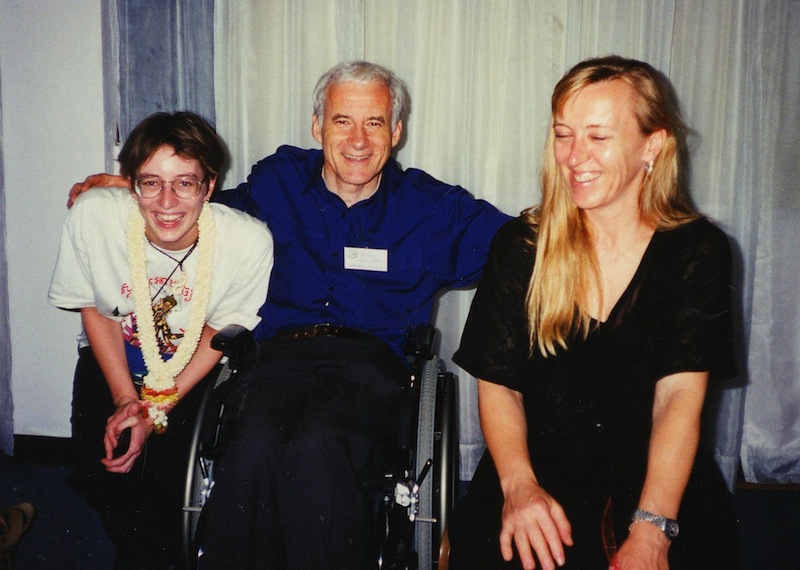 “Peace isn’t ‘Kumbaya’ or a dove and a rainbow,” as Jody Williams illustrates so clearly in her new book on life as “a grassroots activist to the core.”
“Peace isn’t ‘Kumbaya’ or a dove and a rainbow,” as Jody Williams illustrates so clearly in her new book on life as “a grassroots activist to the core.”
It’s hard to believe that Jody has not published her auto-biography until now, 15 years after receiving the 1997 Nobel Peace Prize. Yet it’s not surprising given the intense pace at which she continues to advocate for peace and justice, both in the US and around the world. It can be hard for activists to find time to reflect and write about their own lives when there is so much to do, but recording how we work is just as necessary as doing it. (more…)


